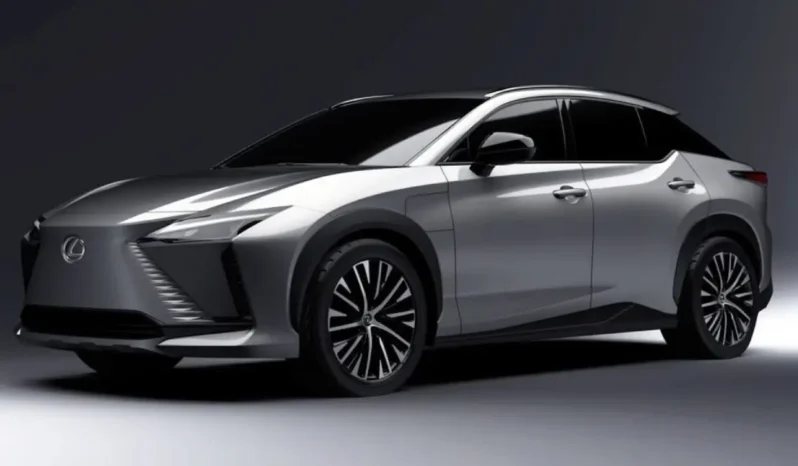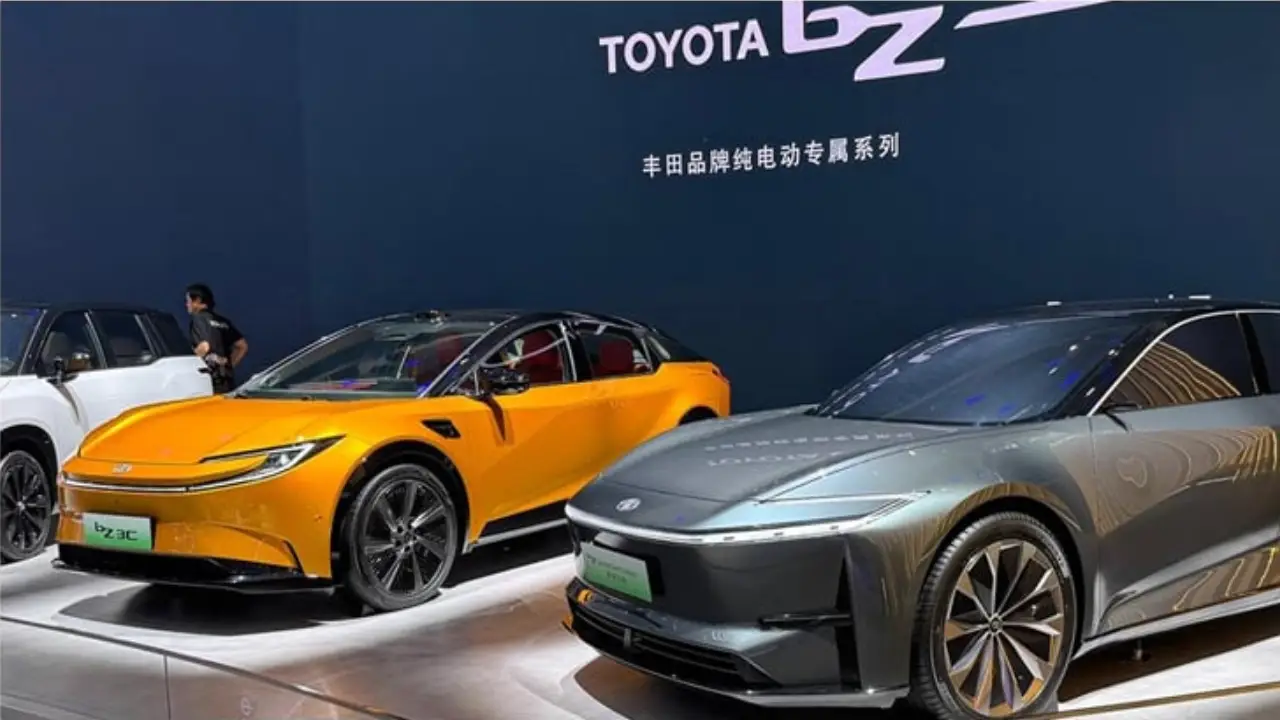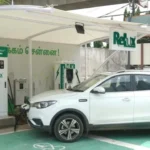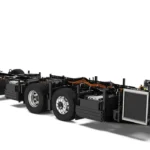In a bold statement that marks the company’s commitment to electrification, Toyota Motor Corporation has come out to declare its decision to set up its first fully-fledged electric vehicle manufacturing facility in Shanghai, China. The facility will see the production of Toyota Lexus EV, which is the first step by the automaker in pursuit of gaining market share in the largest and most competitive automobile market in the world.
Strategic Location and Timeline
This facility for Toyota’s new Lexus EV will be located in the world’s most innovative center in Shanghai. Production is expected to be on the ground in 2027, but construction on this facility will begin as early as 2025. Toyota places itself in the midst of China’s current wave of revolutionizing and adopting electric vehicles, building from the city’s established advanced infrastructure and talent.
Toyota Lexus EV Plant Key Features
Production Capacity and Models
- The plant is set to produce around 200,000 units every year. It will be a site entirely dedicated to Lexus’s electrified models. The new unit will manufacture a wide variety of sedans and SUVs that will best harmonize Lexus’s luxury with electrifying technology.
Direct Ownership Model
- The Lexus EV plant will be owned entirely by Toyota. This positions the company to have greater control in the production processes, supply chains, and sources of innovation. It also helps Toyota achieve the right terms, such as tax incentives and land grants.
New Facility Strategic Significance
Addressing Declining Market Share
The investment by Toyota in a dedicated EV facility is a result of the market share pressure on Toyota in China. Toyota’s sales in China for the first half of 2024 fell by 11% at 785,000 units, and this kind of slump requires Toyota to enhance its EV products. This would mean that in localization of production, the firm hopes to respond adequately to Chinese consumers’ preferences and regain her competitive advantage. The point on luxury EVs makes the brand a Lexus player in that budding premium electric market.
Embracing Global Electrification Trends
This plant is well in line with the total sustainability strategy adopted by Toyota, which intends to become carbon neutral by 2050. The car maker has spent considerable money on the R&D of EVs and wants to ensure that the battery-electric vehicle represents a big chunk of global sales by 2030. Shanghai facility marks a key step in achieving this goal.
Toyota Lexus EV: Future Outlook
The success of Toyota’s Lexus EV factory shall be closely watched by industry players, and the company’s ability to innovate, take on consumer demands, as well as navigate competitive pressures should prove critical in shaping future successes. More than any business objectives, the facility itself speaks of a sustainable future. Producing luxury EVs customized to discerning tastes makes Toyota redefine what luxury and responsibility for the environment mean.
ELCTRIK Speaks
This announcement of the dedicated Lexus EV factory in Shanghai is more than just a business decision. A strategic pivot to align with global electrification trends and reclaim its position in the automotive hierarchy. As the plant starts production in 2027, it will be not only the strengthening of Toyota’s presence in China but also lay the foundation for it to become the leader in the luxury electric vehicle market. With ever-growing competition and changing expectations from the customers, Toyota will need to adapt and innovate through its journey to a greener and more electrified future.







